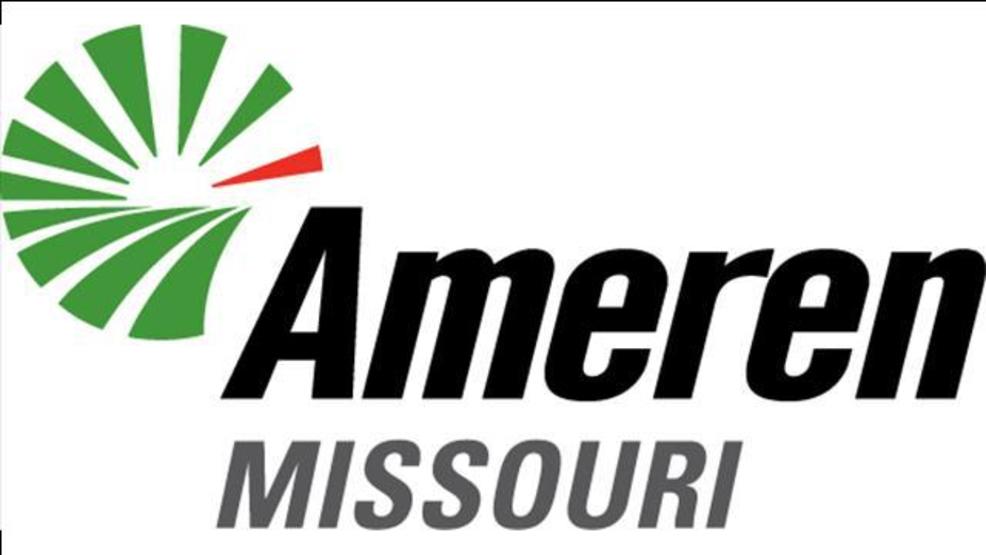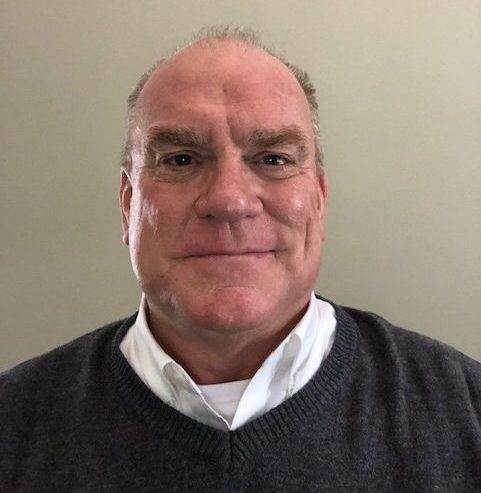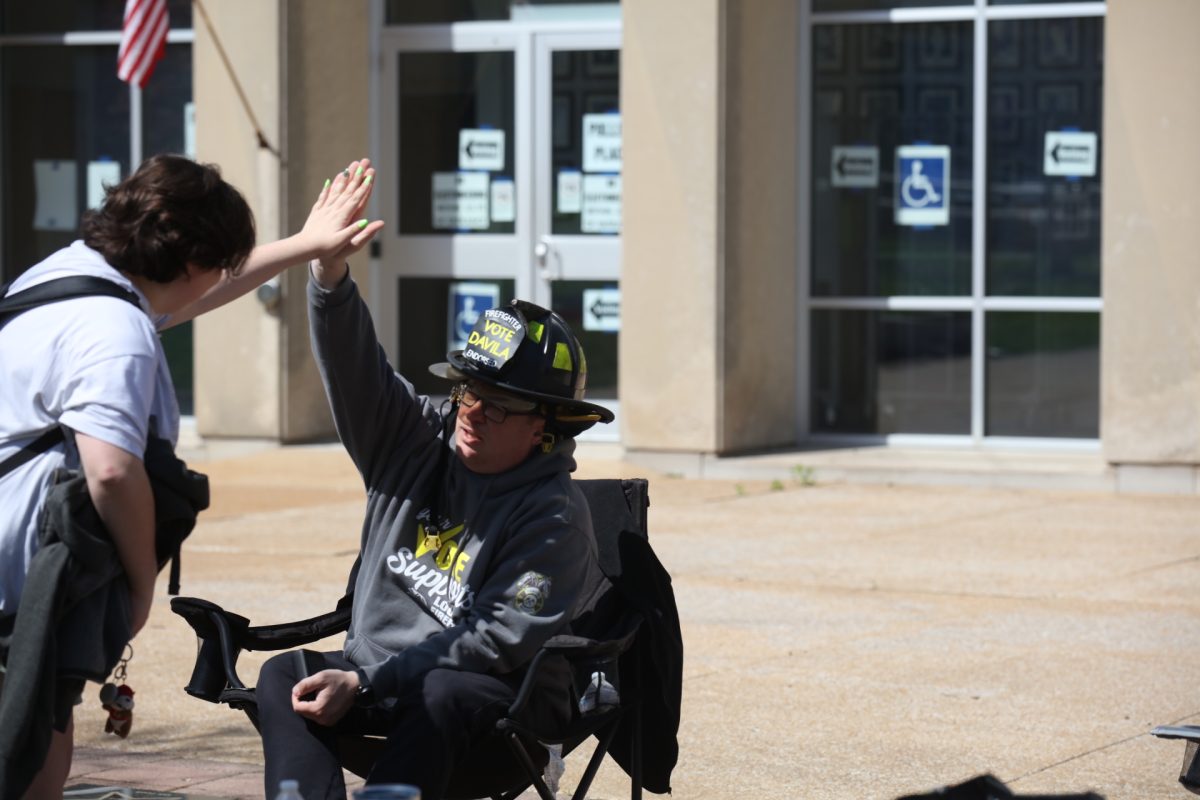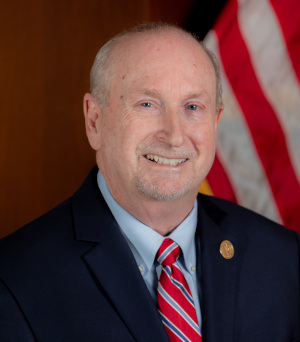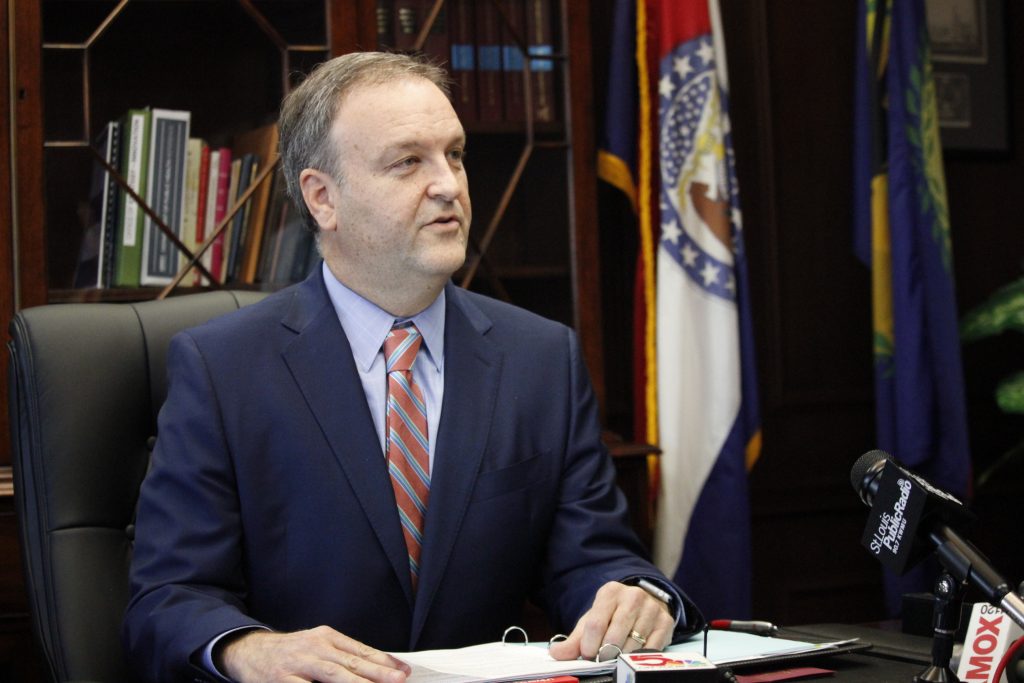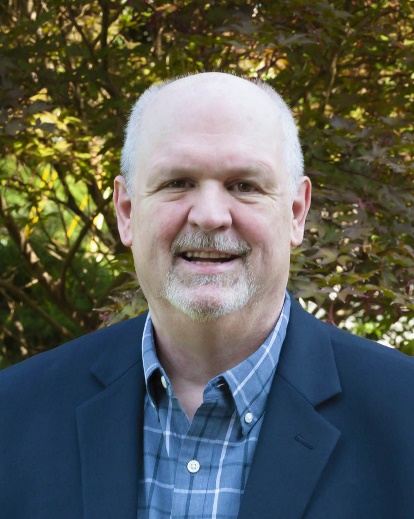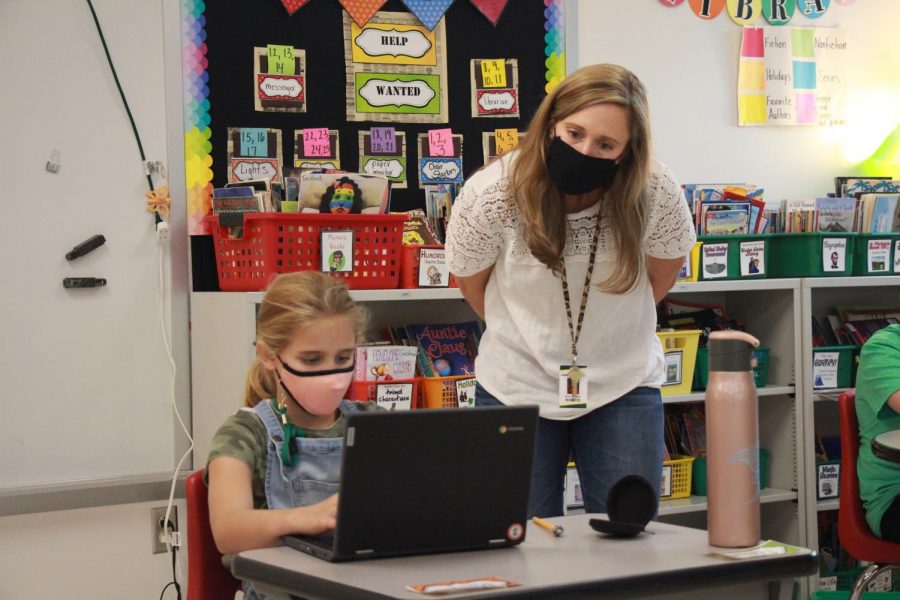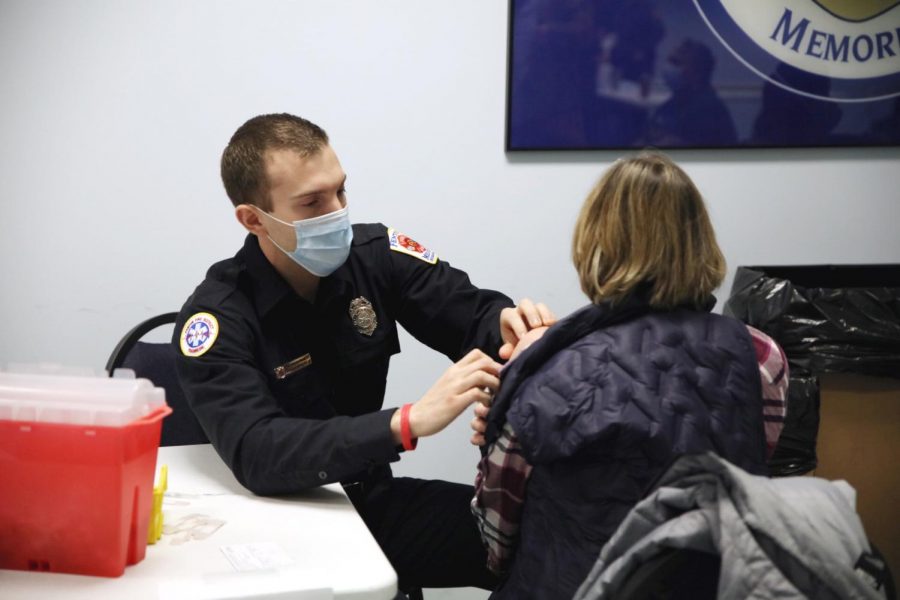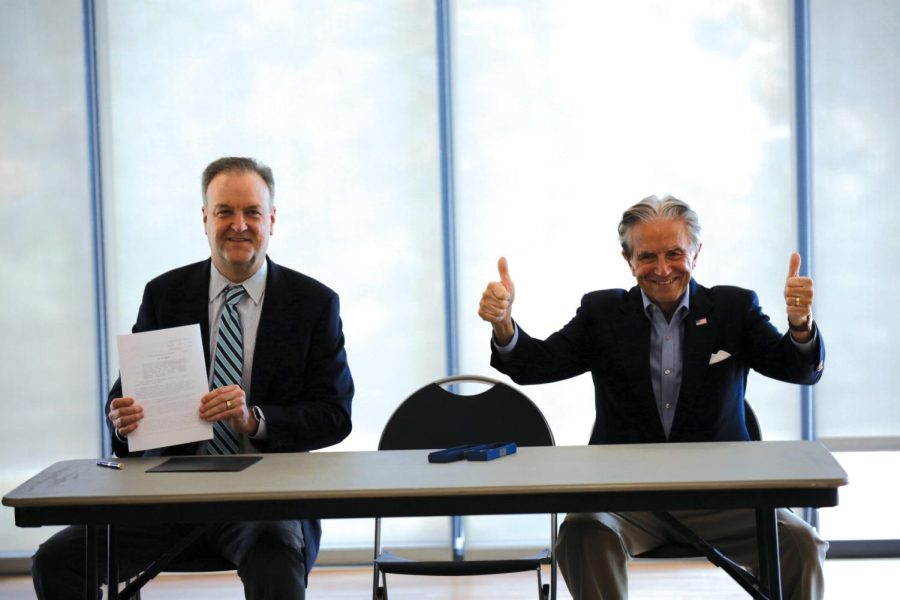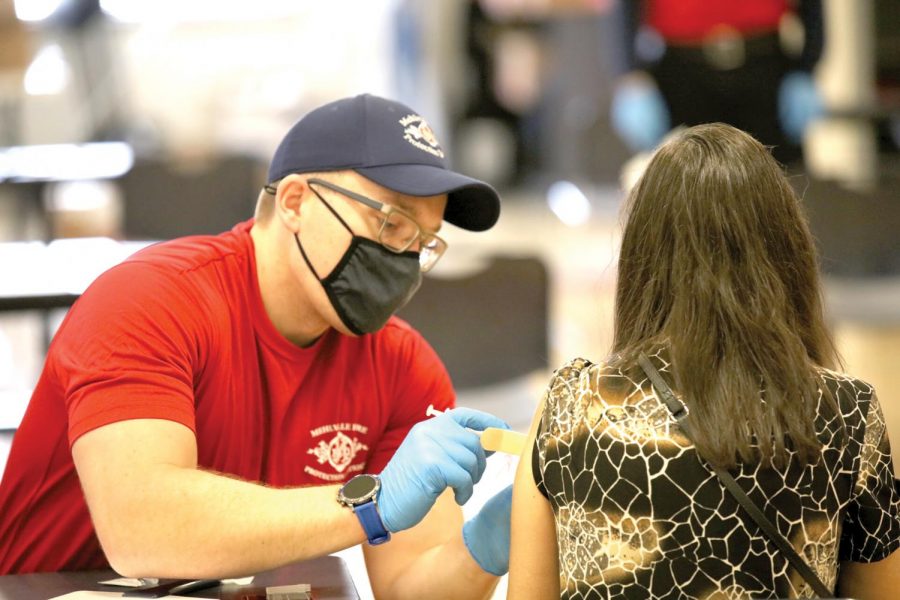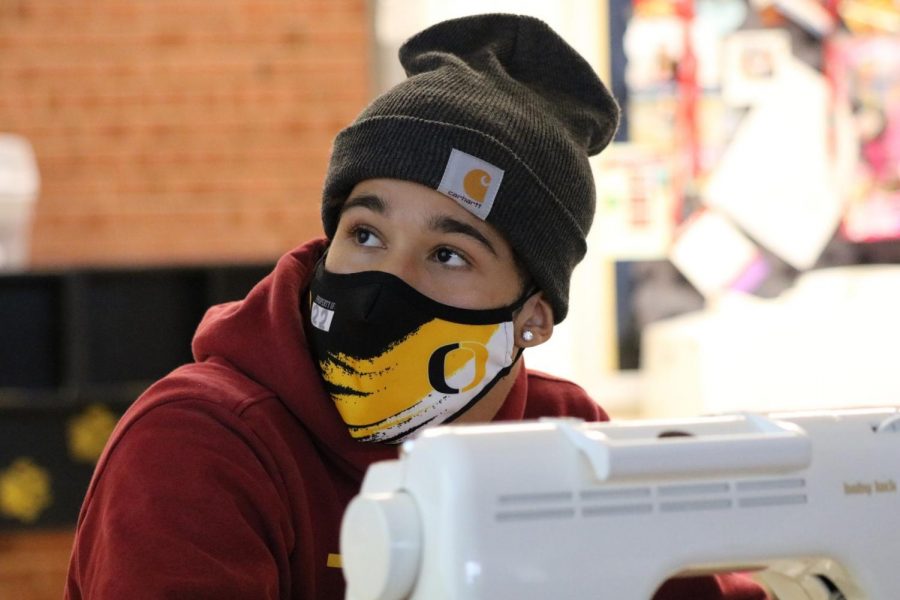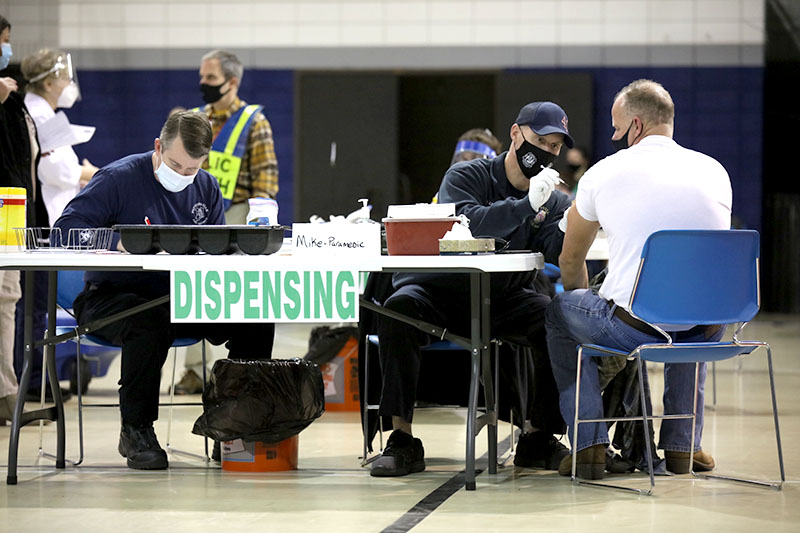When the COVID-19 pandemic first hit Missouri, several utility companies like Ameren and Evergy pressed pause on disconnecting services for nonpayment. But many of these breaks came to an end in recent weeks.
Ameren Missouri started assessing late fees again as of July 27, and started disconnecting business customers again as of Tuesday. Residential customers can be disconnected for nonpayment again as of Sept. 1.
Some advocates say Missouri could soon see a flood of disconnections.
James Owen is the executive director of Renew Missouri, an organization working for renewable and accessible energy within the state. Neighboring states like Kansas and Illinois have issued moratoriums on utility disconnections. Owen said that Missouri’s lack of a statewide utility disconnection freeze will have dire consequences.
“Bill collection efforts are going to hit Missouri at the same time that people are having to deal with their rents, with their mortgage payments, with being laid off because the PPP (Paycheck Protection Program) loans are out,” he said. “It’s going to put people in a real horrible situation, if it hasn’t already.”
At the state level, Missouri’s Department of Social Services received $15 million in additional funding from the federal coronavirus relief bill to fund its Low-Income Home Energy Assistance Program. Public and private agencies are working together to provide assistance for people unable to pay their utility bills.
“Those additional dollars enable the Department of Social Services to double the maximum benefit amount to $600 and to serve the needs of a greater number of Missourians who are now facing a crisis,” Rebecca Woelfel, a spokeswoman for the department, said in an email.
Missourians with income up to 135 percent of the federal poverty line are eligible for the assistance.
In fiscal year 2019, 114,639 Missouri households received assistance through the program, Woelfel said.
Local resource offices, like Central Missouri Community Action, can help people apply for the energy assistance program.
Angela Hirsh, chief program officer for Central Missouri Community Action, said her office has not yet seen a big increase in the number of people applying for utility assistance this year. She credits the federal unemployment benefits that ended July 25.
“We’re going to really see some of the financial hardships hit, particularly low wage workers and low income families, in September and October,” she said.
Hirsch said people in need of assistance must fill out a mailed-in paper application. It can take up to 45 days to receive benefits, but in a crisis situation, funds can be disbursed within 48 hours.
Hirsch said that people with medical conditions that require special equipment, families with young children and elderly people are all particularly vulnerable to utility shutoffs.
Some utility companies are also working to ease the burden.
Connie Taylor is the manager of customer advocacy for Ameren Missouri. She said Ameren has donated about $5 million since the beginning of the pandemic to people unable to pay their bills.
“In June, we launched a program called Clean Slate,” she said. “With Clean Slate, customers pay 25 percent of their bill and the clean slate funds will cover the remaining portion.”
If you need help applying for Low-Income Home Energy Assistance Program assistance, visit the Department of Social Services website at https://mydss.mo.gov/energy-assistance to find your local resource office.
Like what you’ve seen from the Missouri Information Corps? Want to help us keep covering Missouri news? Donate here: https://mizzougivedirect.missouri.edu/fund.aspx?item_id=713



